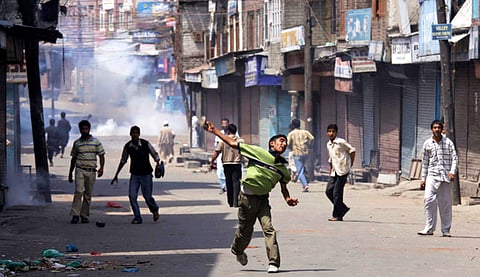Charting new territories
On 11 January, 2020, Davinder Singh, a high-ranking officer of the Jammu & Kashmir Police, was arrested along with two militants, while the three were on their way to Jammu from Srinagar. Two days before this arrest, Deputy Superintendent Singh was part of the team which received a delegation of foreign diplomats in Kashmir, including the United States' ambassador to India. The diplomats were visiting Kashmir after the abrogation of Article 370 and Article 35A of the Indian Constitution, which had stripped the region of its statehood. Curiously, Singh was also the officer whom Afzal Guru, who was executed for the 2001 parliamentary attacks, had named in his testimony and implicated in the incident.
So, who is Davinder Singh? An honest, brave officer who risks his life for the protection, integrity and sovereignty of India? Or is he someone who in the name of the dreaded 'counter-insurgency' fills his own pockets and basks in the glory of unbridled power, in one of the world's largest military-industrial complex? The question might appear confusing and nauseating, but it is only the tip of the iceberg. The reality in Kashmir, unfortunately, is much more complex. But complexity does not mean that the issue is impervious to inquiry.

